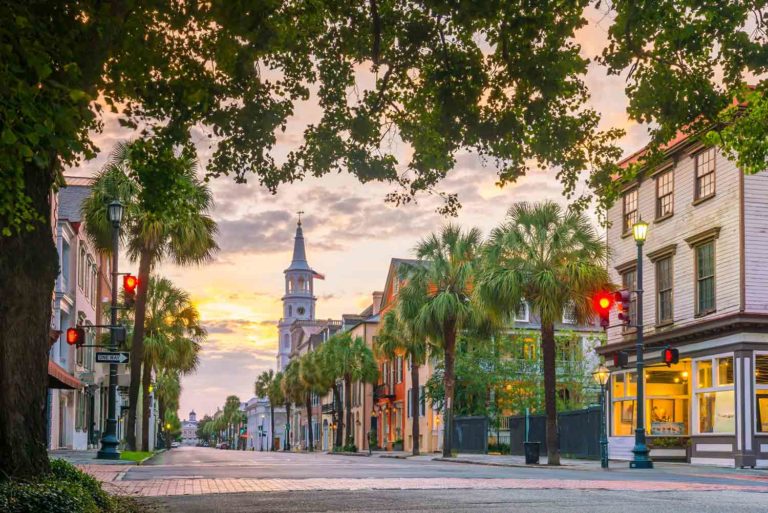
Half way through the 2021 regular session, South Carolina Senate Majority Leader Shane Massey, R, moved S0150 to 2022. According to the senator, there needed to be more time and discussion spent on medical cannabis, which S0150 would legalize for qualifying patients. Senator Tom Davis, R, the bill’s sponsor, reluctantly agreed in order to finally have the South Carolina Compassionate Care Act heard.
Now, as the 2022 regular session begins, S0150 will receive a floor vote in the South Carolina Senate under special order. This means that S0150 must receive a vote before senators can move to the next bill or topic. For Senator Davis, this has been a long time coming. He has introduced a version of the South Carolina Compassionate Care Act to the senate for the past eight years.
“One of the things that I decided early on was that this was going to be a different kind of medical cannabis bill,” Senator Davis said about the medical cannabis bill. “It wasn’t going to be like the medical cannabis bills in the 36 other states that have medical cannabis laws, because I wanted it to be a very tightly regulated medical bill” instead of creating a backdoor to recreational cannabis legalization.
Details of S0150
The South Carolina Compassionate Care Act looks to legalize medical cannabis for patients with qualifying conditions. Those include:
- Cancer
- MS
- Epilepsy
- Crohn’s disease
- Sickle cell anemia
- Ulcerative colitis
- Cachexia or wasting syndrome
- Autism
- PTSD
- End-of-life care patients with less than one year left to live
Each patient can purchase and possess up to two ounces of medical cannabis every two weeks. There would be a ban on smokable cannabis products and home growth options. Anyone caught smoking medical cannabis will receive a $500 fine for their first offense. Subsequent offenses will carry a misdemeanor criminal penalty and also carry the possibility of up to 30 days in jail.
The state’s sale tax of six percent would apply to every purchase. However, no additional taxes can be applied to the sale of cannabis or cannabis products, even on the local level. 90 percent of tax revenue would go to the state’s general fund. The last ten percent will split three ways. First, three percent would go to detecting drug impaired driving devices. Two percent would focus on drug safety education, and the remaining five percent would go towards university research into the benefits of medical cannabis for patients long term.
Opposition
Even though a majority of citizens approve of medical cannabis legalization, there are still others who oppose it. One of the biggest opponents to S0150 is the South Carolina Sheriff’s Association. The president of the association, Kevin Tolson, released a statement on behalf of all sheriffs in South Carolina.
“I understand supporters of this bill are seeking to bring comfort and relief to friends and family members who are suffering from debilitating illnesses,” wrote Tolson. “I have extreme compassion for those individuals, but I can’t endorse or even ignore the attempt to provide relief through illegal methods, especially when those attempts will jeopardize public safety. Marijuana is an illegal substance. It’s not medicine.”
Next Steps
Debate over S0150 in the South Carolina Senate will take place over several days. The senate must vote on the bill, whether it will pass or not, before moving on to other topics. If S0150 does pass the Senate, then it will move to the House for discussion and debate. Should it pass there, the bill moves on to Governor Henry McMaster, R. Senator Davis is optimistic that should S0150 make it to the governor’s desk, he will sign it.
“I fully expect that, given those commitments, that we’re going to be standing here in three or four months celebrating a bill signing with [Governor McMaster] to finally make us not one of the 14 states that refuses to acknowledge medicine, but one of the 37 states that has recognized it,” Senator Davis said. As more information becomes available, we will update you with the latest.
Make sure to check back for more cannabis, hemp, and psychedelic related news.